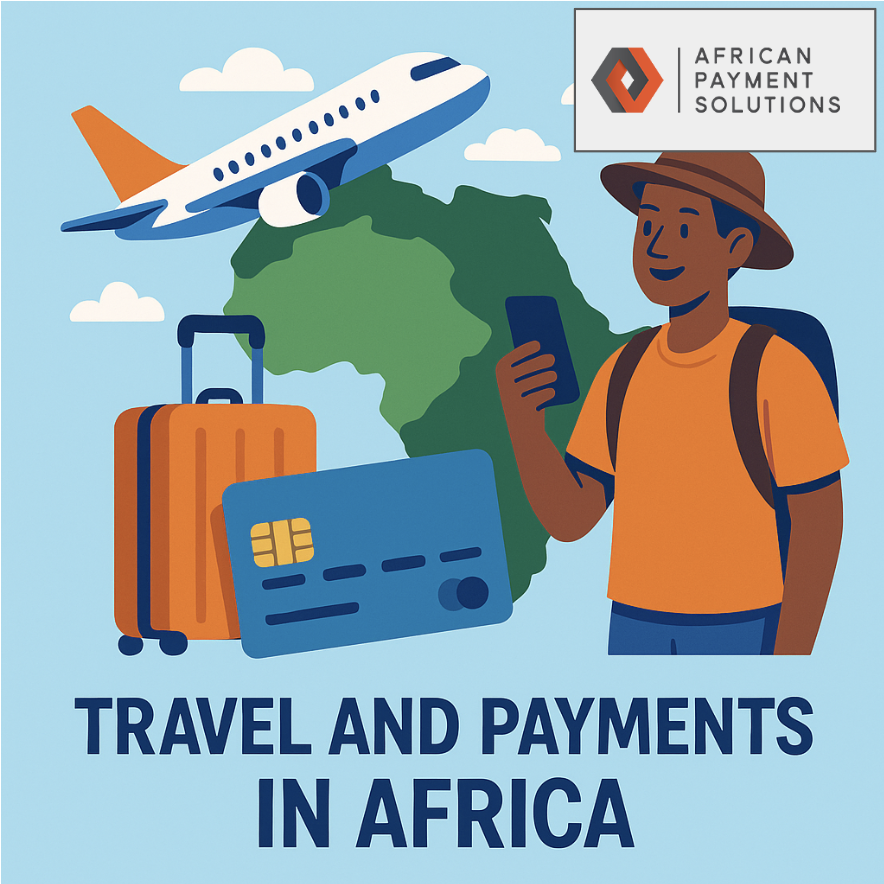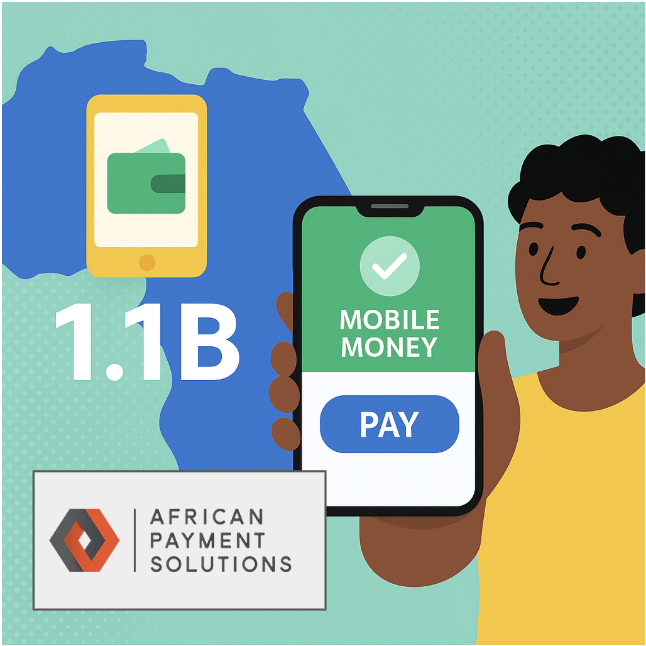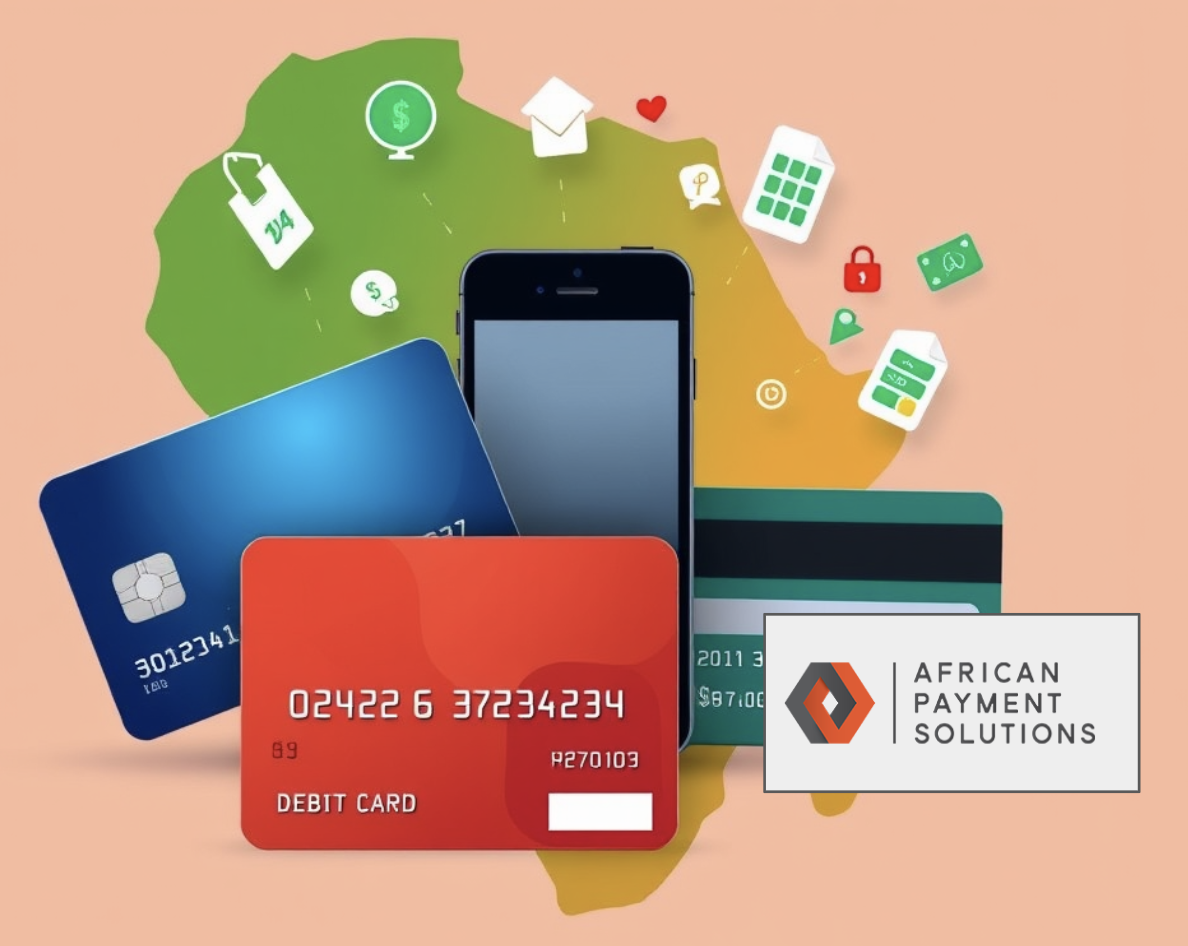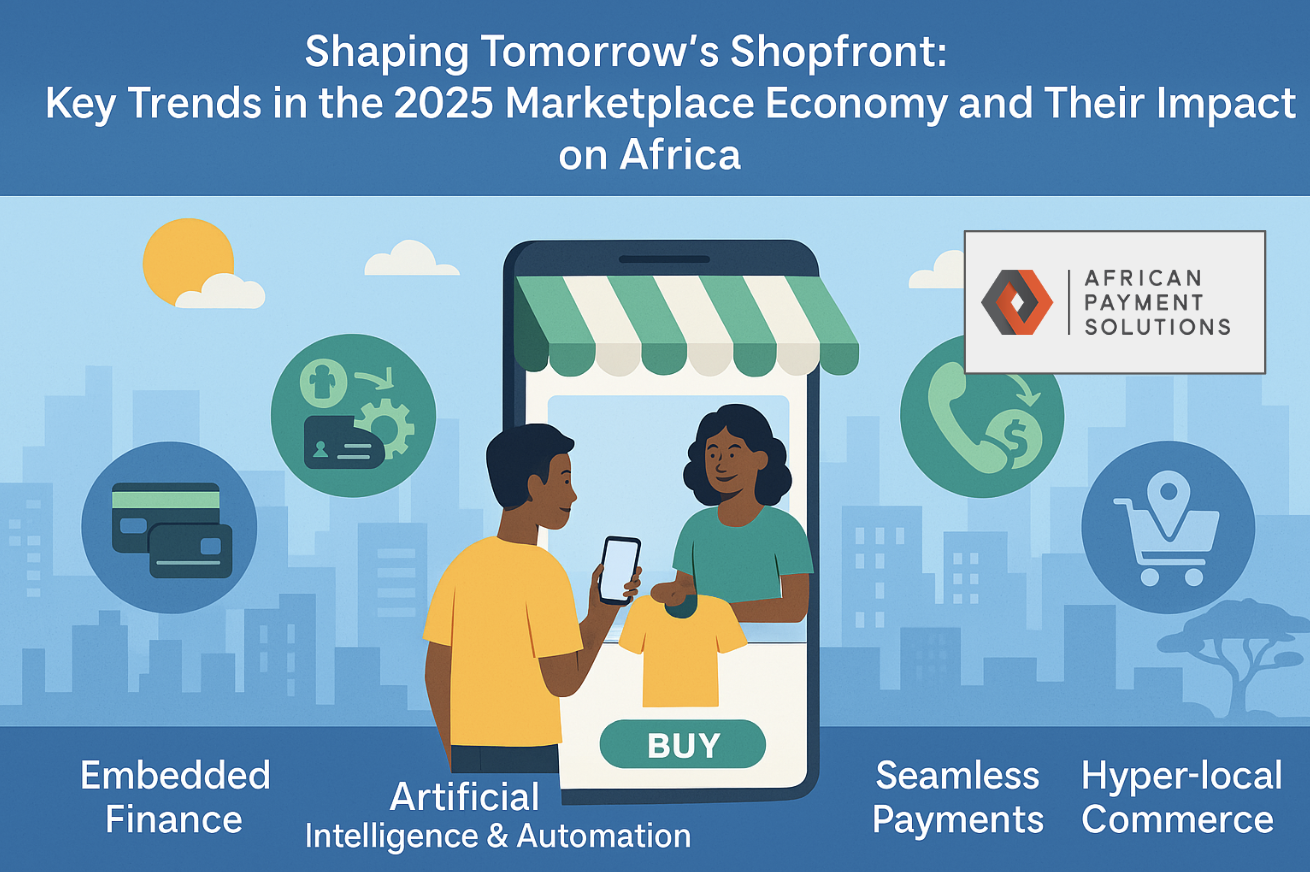As the travel industry continues its robust growth in 2025, fuelled by rising demand, particularly from Millennials and Gen Z, the landscape of travel payments is undergoing significant transformation. Here are ten tips for African Travel merchants drawing on global experiences. .
- Embrace Digital and Alternative Payment Methods: Consumers are increasingly relying on online and in-app bookings. They also expect a wider range of payment options beyond traditional methods, including alternative payments like cryptocurrencies, Buy Now, Pay Later (BNPL), and contactless payments.
- Prioritise Convenience and a Seamless Customer Experience: Modern travellers seek convenience throughout their journey, from booking to boarding. Payments are central to this experience, and merchants should strive to minimise friction and optimise payment flows.
- Explore Strategic Partnerships with Fintech Companies: Collaborating with fintech firms is a key strategy highlighted in the sources. These partnerships can help modernise traditional payment models, improve efficiency, enhance security, augment tech stacks, and expand payment options.
- Address Fraud and Chargeback Challenges Proactively: Like other growing sectors, the travel industry faces challenges with fraudulent attempts and chargebacks. Merchants should implement solutions aimed at mitigating these risks.
- Leverage Technology to Enhance Security: Beyond just tackling fraud, enhancing security throughout the booking and payment process is vital. Implementing solutions like mobile wallets (e.g., Apple Pay, Google Pay) can scale security and simplify the booking process.
- Consider Offering Buy Now, Pay Later (BNPL) Options: BNPL is a growing trend in travel payments, offering increased flexibility for travellers by removing the need to pay upfront. For businesses, implementing BNPL can potentially lead to scaled bookings and a more rewarding customer experience.
- Evaluate the Shift Towards Cashless Operations: Some airlines and travel players are moving towards cashless payment systems, particularly for onboard services. This shift reflects a move away from cumbersome traditional methods towards more convenient digital solutions.
- Adapt to the Preferences of Younger Generations: Millennials and Gen Z are key drivers of travel demand and have specific preferences, such as seeing booking as a collaborative experience and using features like split payments. Merchants should consider how to cater to these evolving behaviours.
- Simplify Online Booking Processes: Partnerships between travel companies and fintechs often focus on simplifying online processes for booking various travel components like tours, attractions, and activities. Streamlining the online experience is crucial.
- Explore the Potential of AI in Payments and Operations: AI is entering the travel sector, with potential applications in areas like fraud management, optimising core payment functions (orchestration, dynamic checkout, routing), credit risk monitoring, dispute management, and cost optimisation. Merchants should be aware of how AI could impact or disrupt travel payments.
In conclusion, 2025 is a transformative year for travel payments, driven by evolving consumer expectations and technological advancements. By focusing on integrating digital solutions, partnering strategically, prioritising security and convenience, and adapting to changing consumer behaviours, travel merchants can navigate this dynamic landscape successfully. The journey towards the future of travel payments is ongoing, with more collaborations between fintechs and travel providers expected.










 AI agents that act on behalf of merchants and buyers —
AI agents that act on behalf of merchants and buyers — negotiating prices, optimizing payments, handling taxes, and managing shipping
negotiating prices, optimizing payments, handling taxes, and managing shipping across borders, in real time, without ever needing to sleep or send an email.
across borders, in real time, without ever needing to sleep or send an email. Autonomous Customer Agents: Shop globally like a local.
Autonomous Customer Agents: Shop globally like a local. Smart Compliance & Tax Handling: Automate the legal maze.
Smart Compliance & Tax Handling: Automate the legal maze. Real-Time FX Optimization: Settle in the fastest, cheapest way — in fiat, crypto, or stablecoins.
Real-Time FX Optimization: Settle in the fastest, cheapest way — in fiat, crypto, or stablecoins. Decentralized Payment Rails: No middlemen, just instant value transfer.
Decentralized Payment Rails: No middlemen, just instant value transfer. AI-Powered Supply Chains: Respond instantly to disruption, delays, or demand spikes.
AI-Powered Supply Chains: Respond instantly to disruption, delays, or demand spikes. When combined with blockchain, decentralized identity, and programmable money, AI agents don’t just enhance global commerce — they reshape it.
When combined with blockchain, decentralized identity, and programmable money, AI agents don’t just enhance global commerce — they reshape it. eCommerce without borders
eCommerce without borders Payments without intermediaries
Payments without intermediaries Trade without friction
Trade without friction
